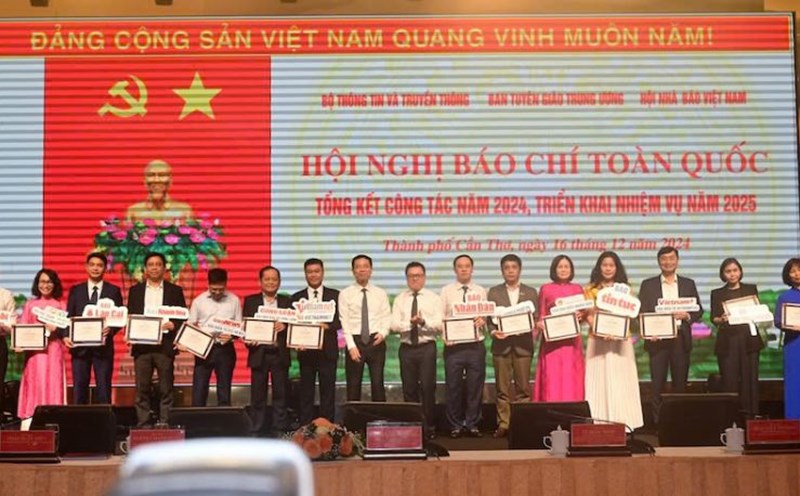Applications such as business household digital maps, eTax systems and electronic invoices not only facilitate taxpayers but also help tax authorities closely monitor transactions and reduce budget losses.
In particular, AI also has the ability to automatically classify goods, detect fraud and warn of risks. The system analyzes data from more than 11 billion electronic invoices and has brought about clear results, helping tax authorities focus resources on high-risk cases.
These advances not only help optimize the tax collection process but also contribute to creating a healthy, transparent and fair tax collection and payment environment.
Furthermore, AI also brings practical benefits to taxpayers. The application “Virtual Assistant to support taxpayers” at the Hanoi Tax Department is a typical example.
However, any technology has its downsides and challenges. For AI, these are the lack of synchronous technology infrastructure, increased cybersecurity risks, and a shortage of specialized human resources. Competition for human resources between the public and private sectors makes it difficult for the tax industry to attract leading experts in AI and Big Data…
In fact, artificial intelligence is, after all, just a tool. No matter how powerful it is, AI cannot replace all roles and still needs human intelligence in orientation, supervision and use if it wants to maximize its effectiveness.
Without investment in synchronous technology infrastructure and high-quality human resources, over-reliance on AI can lead to "more harm than good".
The tax industry is just one of the leading fields applying AI. And this trend will sooner or later spread to other industries such as: Healthcare, education, transportation; administrative management...
For AI to truly become the "right arm" of humans, we need a comprehensive development strategy right now, from human resource training to building technology infrastructure and a clear legal framework.
The technological revolution with the emergence of AI is bringing huge benefits to the tax industry and society. However, to fully exploit the potential of AI, there needs to be close coordination between modern technology infrastructure and high-quality people.
Only when we take control and direct AI will this tool truly become a powerful assistant, helping to solve problems faster, more effectively and bring sustainable value to all fields!












